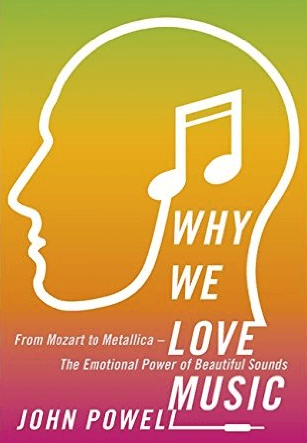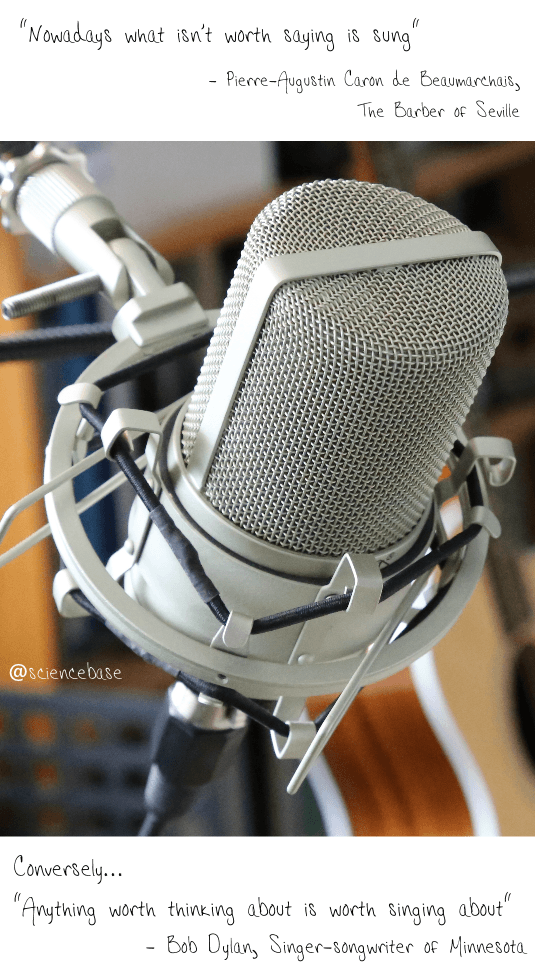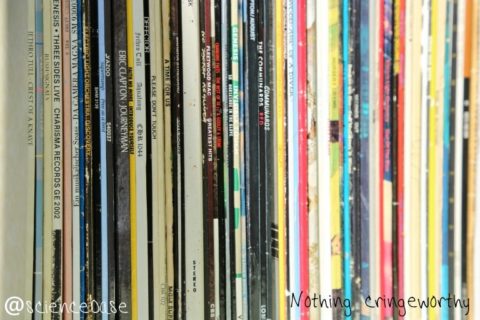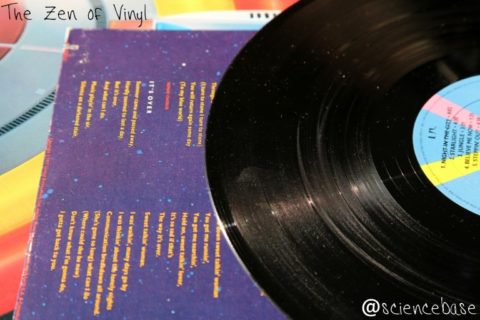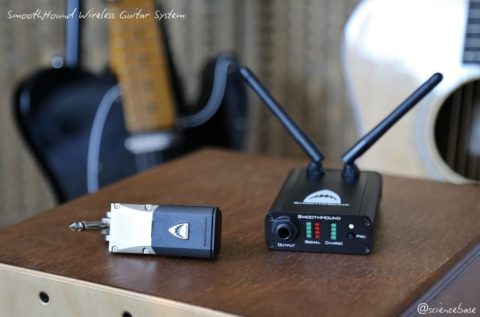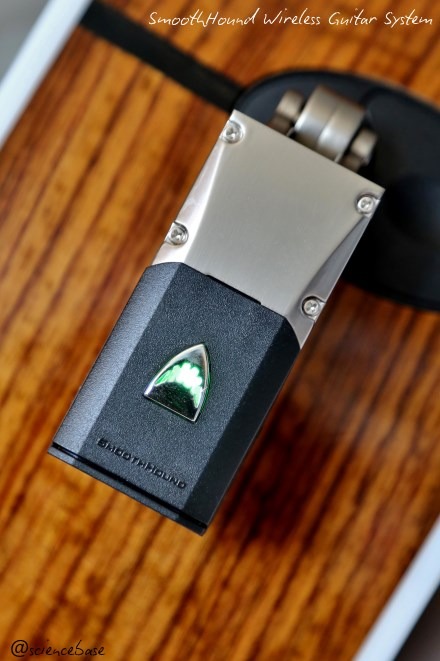UPDATE: 11 November 2019 – Another transit of Mercury
My latest song, inspired by the recent transit of the planet Mercury across the Sun and the thoughts that evoked. Mercury, the winged Messenger of the Gods of Roman mythology (Hermes to the Greeks) has been there as a warning sign again and again, evolving, revolving in transition…the pressure is on, things are heating up, the mercury is rising, we must take heed for the sake of the planet and for the sake of the people.
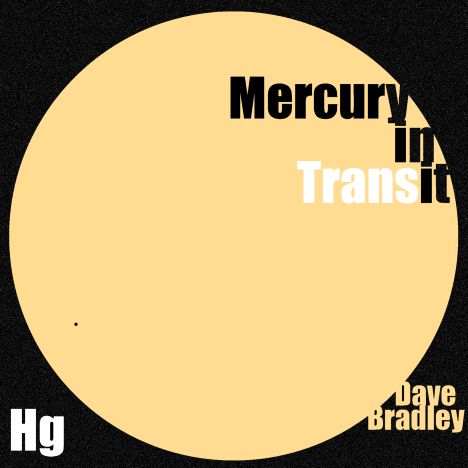
With wings on your heels and solar wind in your hair
You dance across the face of Sol, No time for subtle scares
A message to the world it seems, the one that doesn’t care
Will they listen to your warning in transition they appear
“What comes around, comes around,” you tell them as you fade
Evolving, revolving, spinning out your day
You wonder why nobody cares, nor listens to a word you say
Your message told above the clouds, it’s a price they’ll have to pay
In transition, in transition, moving on
In transition, in transition, counting on
a transition to a better world the journey comes undone
But the mercury is rising, so it’s time to look beyond the sun
No wind in your sails, and death around them draped
You travel ‘cross the ocean waves the torment to escape
The message from the world: a life you’ll have to scrape
And never heed the warning of transition taking shape
“What’s going down’s going down!” you cry out as a slave
Churning, returning, the sea becomes your grave
You wonder why nobody cares, nor offers any word to save
Your message lost below the sea a crisis for the brave
Your message lost below the sea a price no one should crave
In transition, in transition, moving on
In transition, in transition, counting on
a transition to a better life the journey comes undone
And the mercury is rising, so it’s time to watch
beyond the sun (look beyond the sun)
